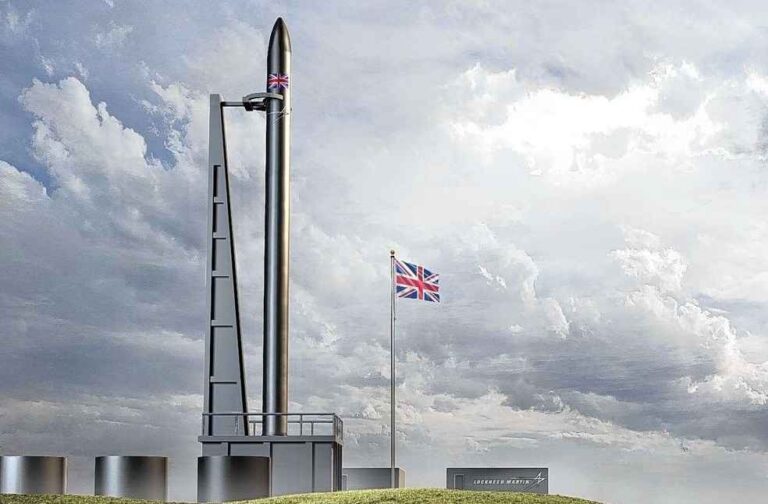United Kingdom: The Space Agency of the UK has announced the launch of an International Bilateral Fund to foster collaboration with international partners.
The fund will support exciting and innovative projects, such as the University of Strathclyde’s partnership with organisations like the Massachusetts Institute of Technology (MIT) and the Alan Turing Institute to leverage Artificial Intelligence to improve space operations’ safety and sustainability.
In addition, Vertical Future is currently designing a robotic ‘space farm’ that can grow plants in space, while Rolls-Royce is collaborating with US-based BWXT on space nuclear power projects.
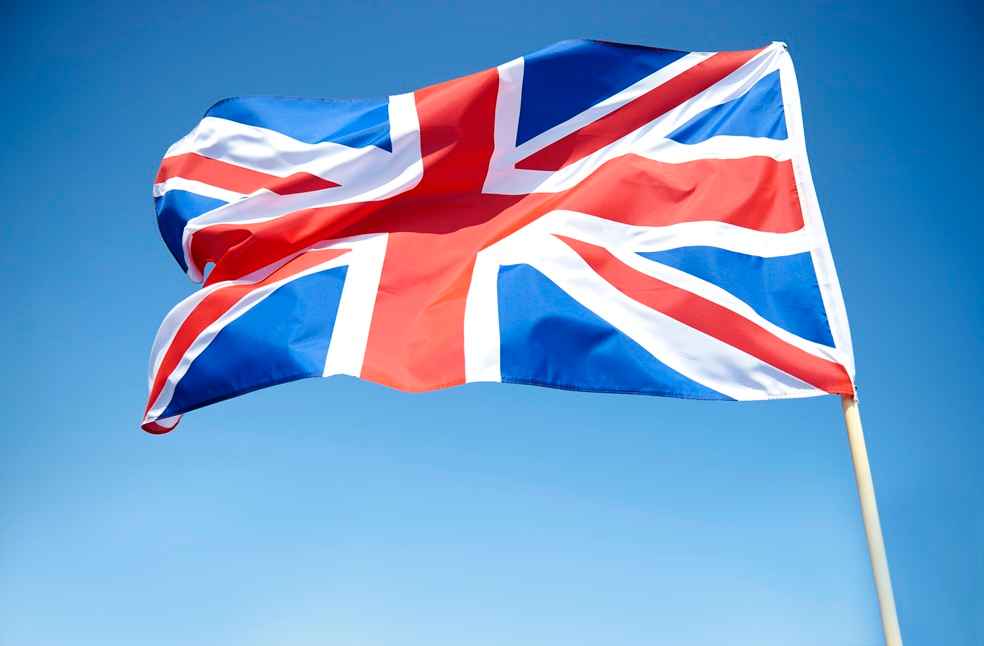
Eleven projects will be presented at the 39th Space Symposium in Colorado Springs. These projects showcase the valuable missions and abilities of the UK’s thriving space sector, which employs approximately 49,000 people. Among the projects are technology developments for high-resolution photos of the Moon and Mars, as well as X-ray imaging that will enable scientists to study the Earth’s Aurora in unparalleled detail. The UK government provided a funding boost of £13 million to support these projects.
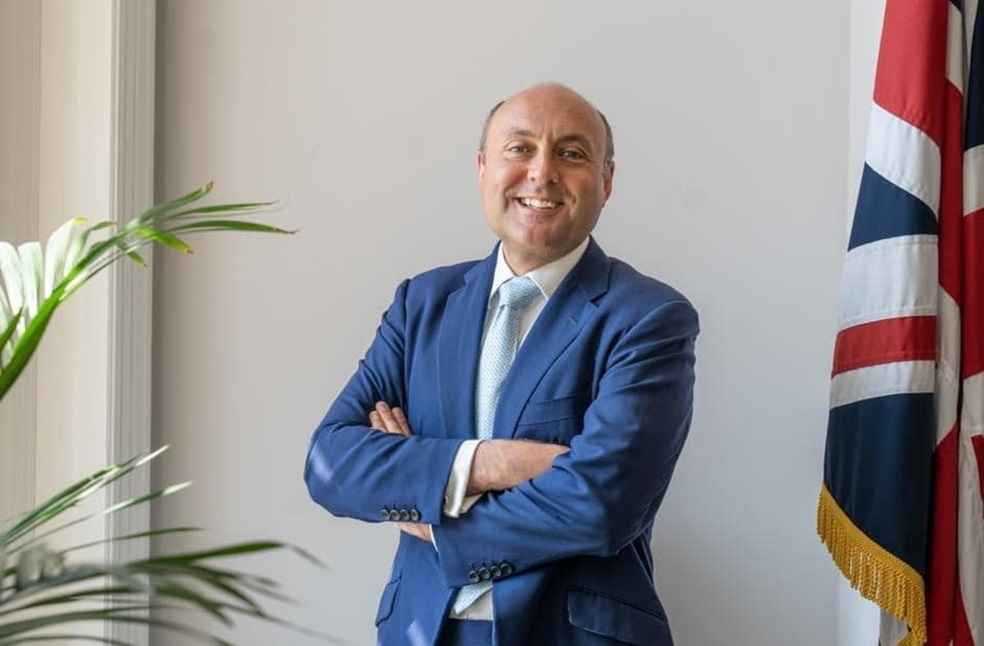
Andrew Griffith, the Space Minister at the Department for Science, Innovation and Technology, stated that, “The UK is home to some of the brightest minds in space science, aerospace engineering and an entrepreneurial commercial space sector. It’s no wonder the world wants to collaborate with Britain when it comes to space. I am delighted that today we have been able to support new space collaborations with private organisations from countries like the US, Australia, Canada, India and Singapore.”
This is the second round of funding granted by the UK Space Agency’s £20 million International Bilateral Fund. The first phase took place in August 2023 and provided funding to 32 projects, with each project receiving up to £75,000. All the projects that received funding in Phase 1 owned the opportunity to compete for additional funding in Phase 2, which was highly competitive.
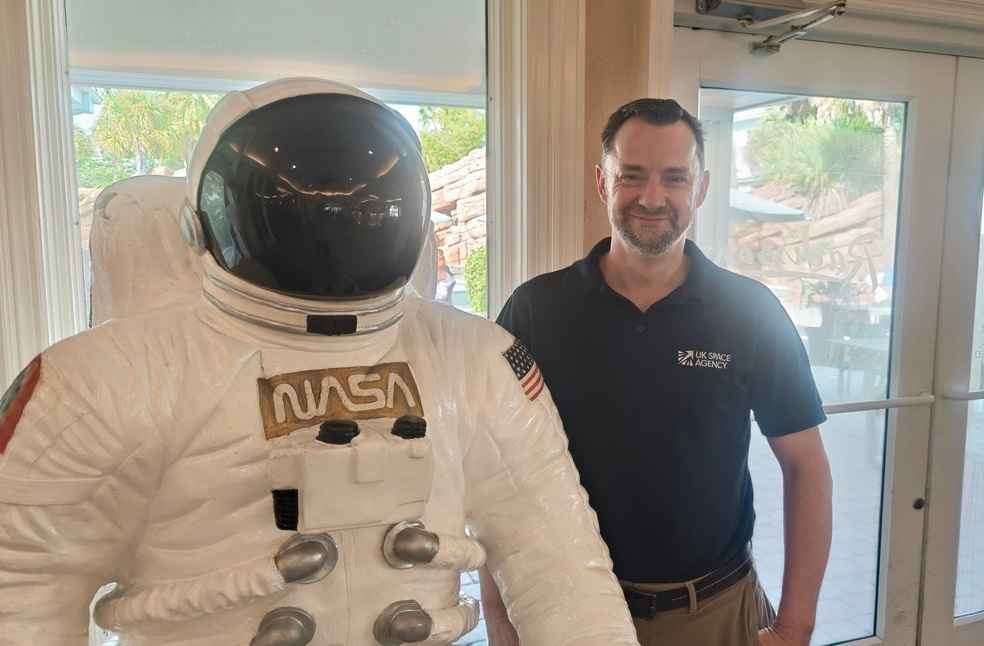
Dr Paul Bate, the Chief Executive of the UK Space Agency, commented that, “We want to draw on the best global talent to push the boundaries of new technology such as AI and space nuclear power, enhance our homegrown space capabilities and catalyse investment into the UK economy. The projects supported by our International Bilateral Fund champion the best of British innovation, while strengthening our ties with the wider space community. Together we can break new ground, further our understanding of the Universe and use the vast power of space to protect and benefit lives on Earth.”
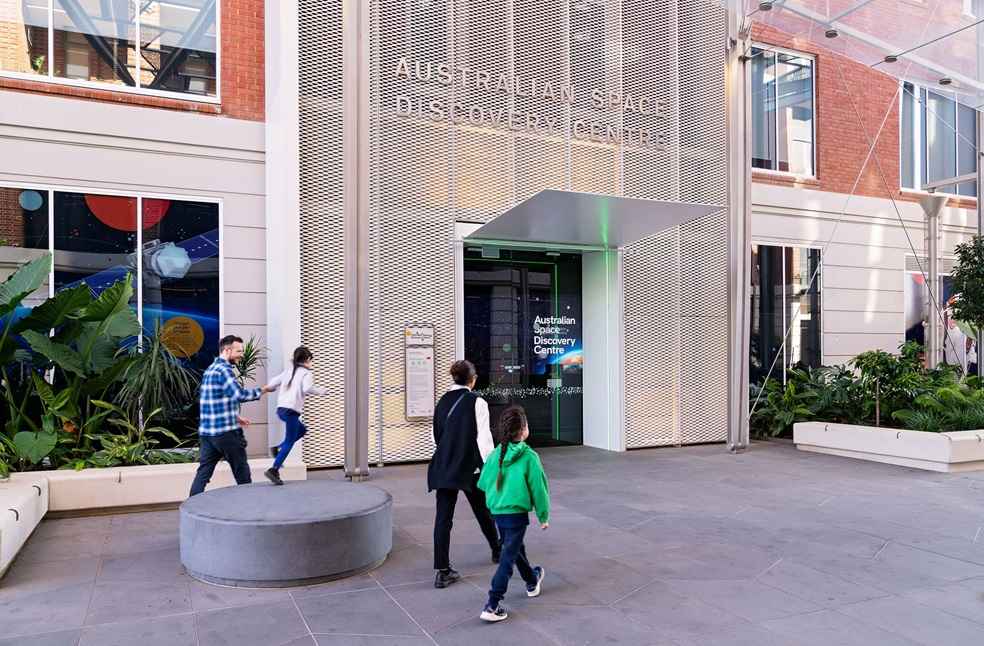
The Australian Space Agency committed to co-funding the International Bilateral Fund with AUS$3 million, confirming the success of the UK-Australia Space Bridge. One of the supported projects is Aquawatch-AUK, which is led by Surrey Satellite Technology Ltd (SSTL) and aims to create an integrated water quality monitoring system using space technologies.
Enrico Palermo, Australian Space Agency Head, said that working with international partners like the UK will help grow the Australian space sector and address global challenges such as food security and water scarcity. This funding builds on the collaboration fostered through the UK-Australia Space Bridge.
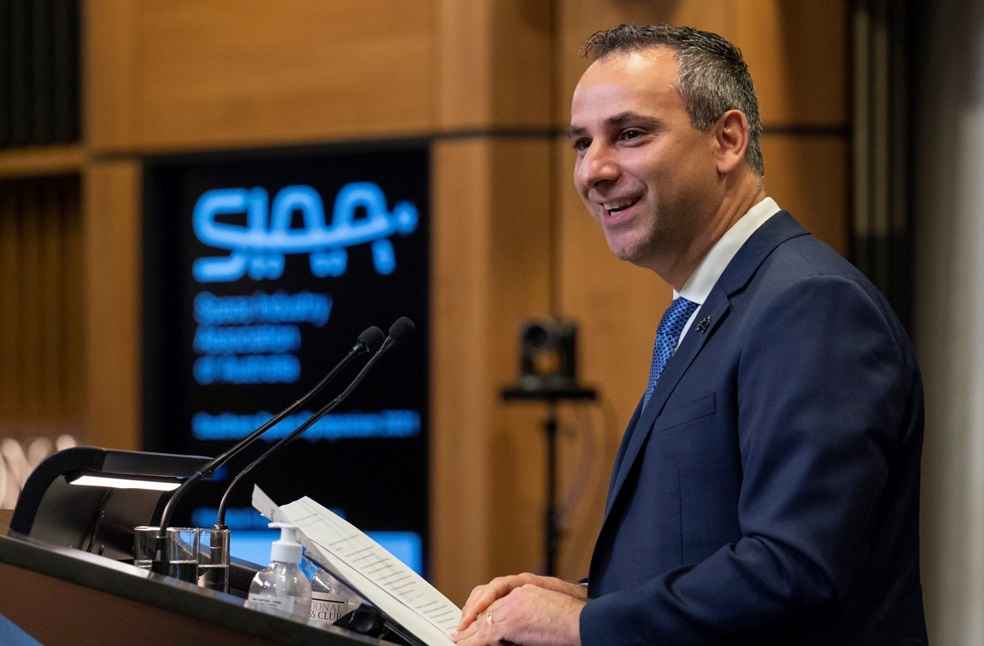
UK space Director, Lizzie Kerr, is pleased to announce that many of their members and partner organisations across the UK have been successful in the latest round of funding from the International Bilateral Fund. The investment will support international collaborations between UK industry and research partners and their counterparts across the world. UK space will attend the 39th Space Symposium and look forward to exploring new collaborative partnerships with trade associations globally.


